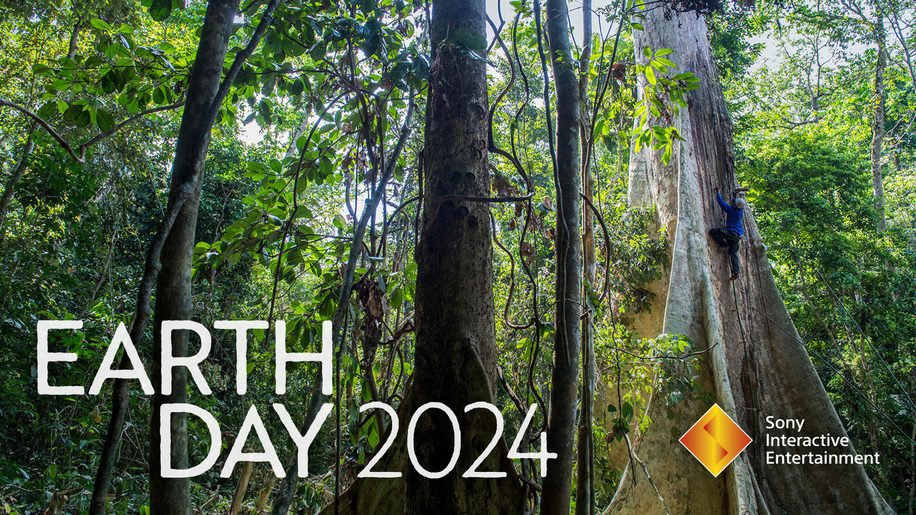SIE Engineering – What is SRE and how it Supports our Global Players

Recently we had the chance to speak with Rae Yip, Staff Service Reliability Engineer with Sony Interactive Entertainment’s (SIE) Future Technology Group and asked her some questions behind her role, what her team manages, and how they help support our players around the globe.
What is SRE?
SRE stands for service reliability engineering. What we do is basically make sure that the back-end services help PlayStation Now, soon to be the all-new PlayStation Plus, stay functioning as close to 100% of the time with the goal of making sure our customers get a great user experience. We have to understand how software architecture works in general, but also applied statistics in terms of being able to do error analysis and data analysis. We use a lot of different techniques to do this and end up wearing multiple hats a lot of the time.
What does the day in the life of an SRE look like?
That depends a lot on the week really. Some weeks we are “on call” and then we need to be responsive to any call that comes in to triage and solve any incidents. Other days you’re in a lot of design and architecture meetings, reviewing documents and code. Then sometimes they’re cracking down and writing code for better automation.
What kind of skillset and language do you employ?
You need a good understanding of statistics, but in addition to that, troubleshooting is key along with being able to “follow the breadcrumbs” of a problem from A to B to C all the way to set up. Of course, you want to be able to read and write code. In terms of programming languages, you might use Python, Shell script, and have working knowledge of C++ and Java. The understanding of these languages is important since developers are writing applications in them and we need to be able to understand and fix bugs in those programs.
How does the global team work as one unit?
We’re lucky enough to have three geographical locations that we can use for following the Sun support. This means that each location gets an 8 hour shift out of the day, and basically, they’re only working during working hours during the work week.
In the course of that workday, we are responding to alerts. An alert, for those of you who may not know is a notification that our monitoring system will send to get support from an engineer.
What’s the team like?
The SRE team was started with two people and we’re now up to about 40 people worldwide. About 12 to 14 people in each location. The SRE team has that kind of geographical org structure that we call “follow the sun” support. Also, SIE’s Future Technology Group (FTG) is divided up into multiple cross functional teams that have different kinds of product silos – data pipeline, streaming service, broadcast service, etc.
What would you say is a career path perspective with SRE?
I can’t speak to everyone’s career path, but for my particular path I started off as one of two founding members of the SRE team back when we were a startup called Gaikai. Then we were asked to start expanding. I later graduated to a senior SRE after a couple years, and then finally I made it to staff SRE. I did have a slight detour as interim manager when I was trying to fill in the gap on the team when we didn’t have a manager. Our manager was just promoted to be the director of the global team. So even though my career path took a couple different turns, I can confidently say that there are lots of opportunities within our team.
What do you enjoy most about this role?
Problem solving! I love finding the solution to a good puzzle that will unlock something. With FTG, we’re always experimenting with new software, new techniques, and new technology. From an architectural view, I like how you keep having this change, so you’re always learning. You’re always finding out new things to solve. There’s always a challenge and there’s always something to do. I also want to mention that the team is great, not just within SRE, but also throughout FTG. We work with great people. They’re also interested in solving tough problems.
Would you like to be a part of SIE’s Engineering team that is helping shape the future of gaming and entertainment? Check out our open roles here.


